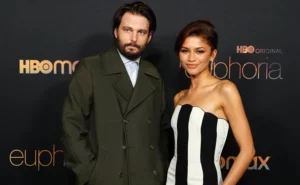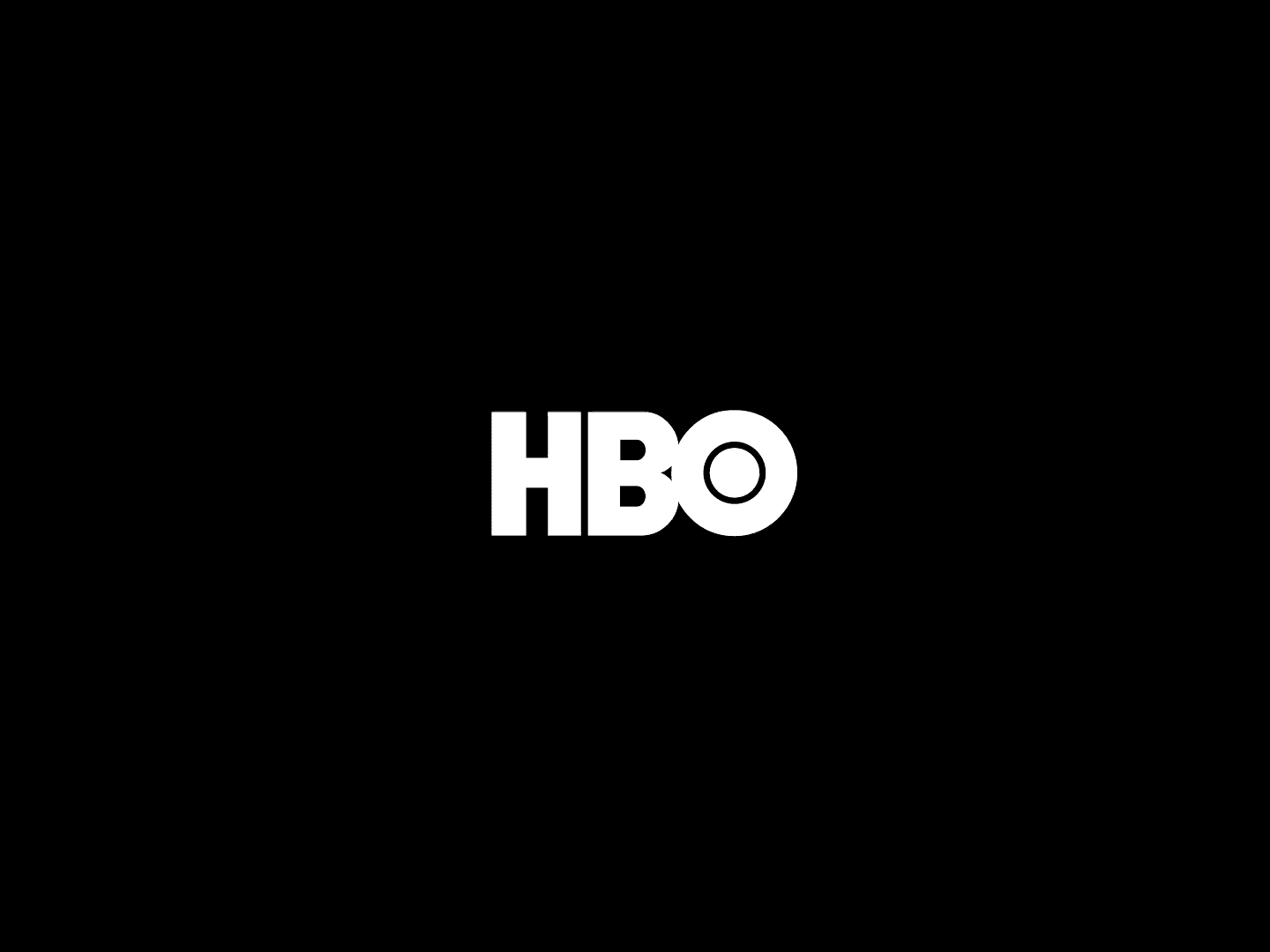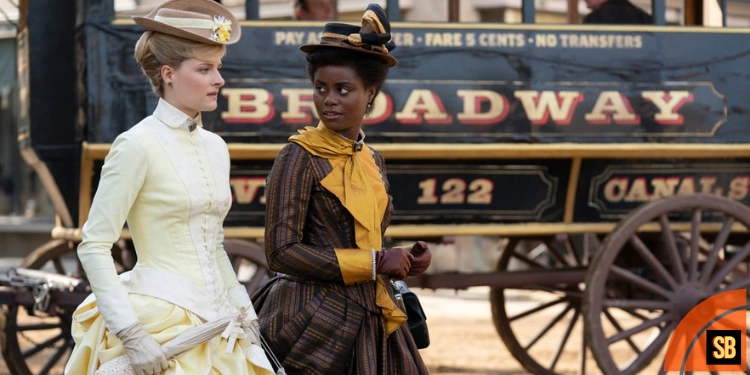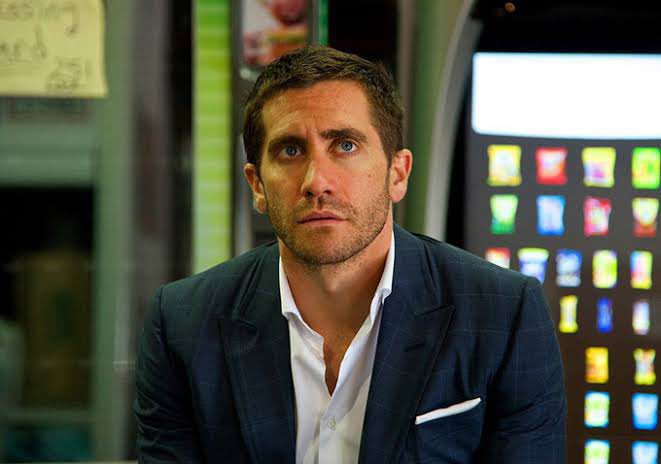In a recent revelation, it has come to light that HBO executives, including CEO Casey Bloys, employed fake social media accounts to engage with TV critics and online commenters who were critical of the network’s programming.
This information has emerged as part of a wrongful termination lawsuit filed by a former HBO employee, Sully Temori, against HBO and several high-ranking executives.
The saga began in June 2020 when Casey Bloys took offense to a tweet from TV critic Kathryn VanArendonk, who had expressed her dissatisfaction with HBO’s Perry Mason series. In response, Bloys, along with Kathleen McCaffrey, HBO’s senior vice president of drama programming, discussed using anonymous Twitter accounts to respond to critics and defend HBO shows.
They referred to this operation as their “secret army.” While they chose not to engage with VanArendonk in this instance, they did employ fake accounts to troll other critics on Twitter and post positive comments on trade publication stories.
HBO has been ordering staff to create fake accounts to fire back at those who criticize their shows online.
— DiscussingFilm (@DiscussingFilm) November 1, 2023
(Source: https://t.co/IiZEISncfi) pic.twitter.com/vGS5R2evLz
These revelations were made through text exchanges reviewed by Rolling Stone and are part of the evidence in Temori’s lawsuit against HBO. Temori, who worked for HBO, alleges that he faced harassment, retaliation, and discrimination after disclosing a mental health diagnosis to his superiors. He was also allegedly asked to create fake online accounts to respond to critics’ comments.
The texts paint a picture of a company culture that sometimes resorted to petty and inappropriate responses to online criticism, even targeting TV critics like Alan Sepinwall with snarky comments from fake accounts. HBO did not dispute the authenticity of these text messages when questioned by Rolling Stone.
The lawsuit by Temori is not solely about the use of fake accounts but also addresses broader allegations of workplace harassment and discrimination. Temori’s attorney, Michael Martinez, argues that the HBO culture fostered an environment of harassment and unwelcome conduct. The lawsuit seeks to rectify this and ensure that HBO takes appropriate actions in the future.
These revelations shed light on how high-level executives in the television industry, like those at HBO, pay attention to online chatter about their content and are willing to go to great lengths to influence public perception, even through questionable means.
Such actions raise concerns about the authenticity of online discussions around movies and TV shows and how PR firms and individuals may use tactics like fake accounts to manipulate public opinion.















